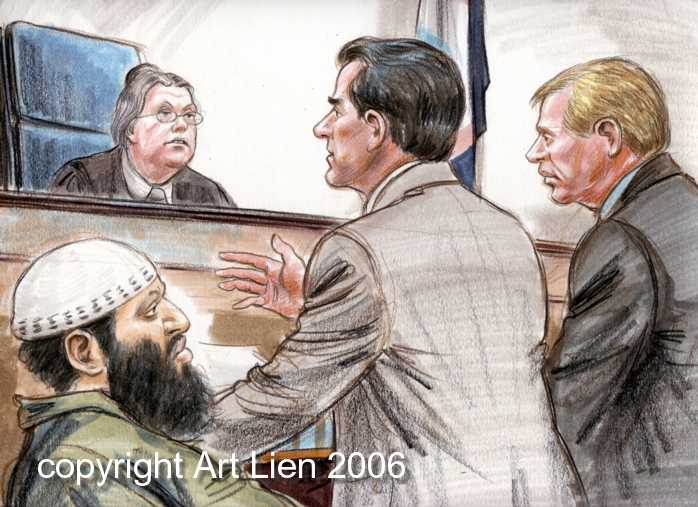Extrajudicial Statements Featuring Displays of Seized Contraband Are Prohibited by Rule of Professional Conduct 3.6 and 3.8 according to the recently issued Opinion 731 of the New Jersey Supreme Court's Advisory Committee on Professional Ethics.
The Committee rejected a prosecution request to relax New Jersey's long-standing stricture on prosecutorial display of contraband. The ACPE adhered to the plain language of RPC 3.6 (Trial Publicity):
(a) A lawyer who is participating or has participated in the investigation or litigation of a matter shall not make an extrajudicial statement that the lawyer knows or reasonably should know will have a substantial likelihood of materially prejudicing an adjudicative proceeding.The Inquiring prosecutor argued that the display of seized drugs and paraphernalia would be an educational deterrent to drug abuse - particularly in light of the opioid use crisis which is a current focus of the administration of Governor Chris Christie. The Governor has appeared in a series of television advertisements urging users to seek treatment.
The Inquirer found support in RPC 3.6 (d) which provides:
(c) Notwithstanding paragraph (a), a lawyer may make a statement that a reasonable lawyer would believe is required to protect a client from the substantial undue prejudicial effect of recent publicity not initiated by the lawyer or the lawyer's client. A statement made pursuant to this paragraph shall be limited to such information as is necessary to mitigate the recent adverse publicity.The ACPE rejected the Inquirer's argument. It relied on RPC 3.8 (Special Responsibilities of a Prosecutor) which provides, in part:
(f) except for statements that are necessary to inform the public of the nature and extent of the prosecutor's action and that serve a legitimate law enforcement purpose, refrain from making extrajudicial comments that have a substantial likelihood of heightening public condemnation of the accused and exercise reasonable care to prevent investigators, law enforcement personnel, employees or other persons assisting or associated with the prosecutor in a criminal case from making an extrajudicial statement that the prosecutor would be prohibited from making under RPC 3.6 or this Rule.According to an article in the New Jersey Law Journal the Inquirer's request found little support - even among prosecutors. The Supreme Court Committee's rulings are binding on the entire bar subject to discretionary review by the Supreme Court itself. It is expected that the Inquirer will seek such review.






